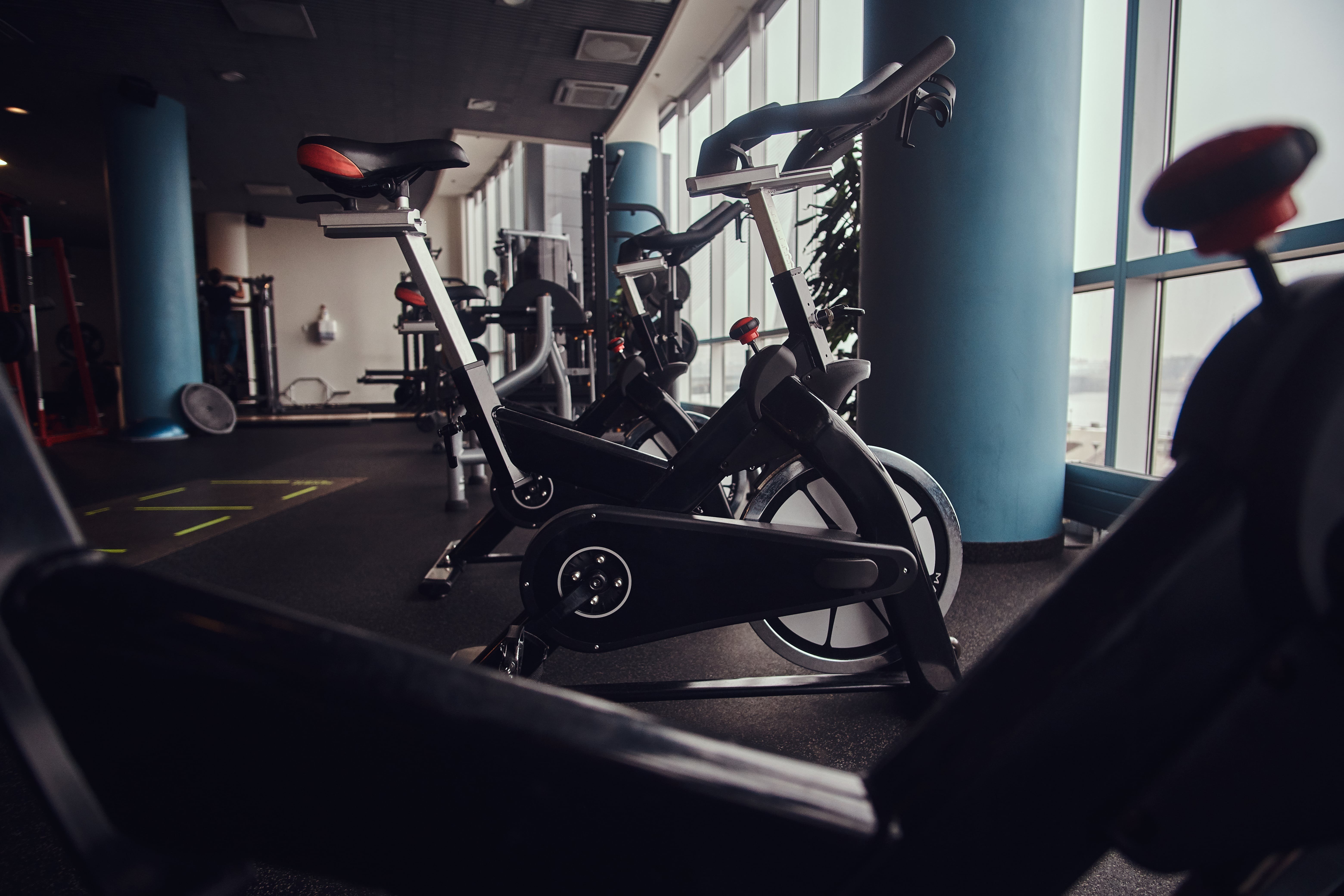10 Healthy Exercise Bike Habits
페이지 정보

본문

The Comprehensive Guide to Exercise Bikes: Benefits, Types, and Best Practices
Exercise bikes have penetrated the fitness market, functioning as effective tools for cardiovascular exercises, rehab, and weight management. With their capability to duplicate outside cycling experiences while offering a controlled environment, stationary bicycle cater to users of all fitness levels. This article digs into the numerous kinds of exercise bikes, their benefits, and the best practices to maximize your workout session.
Benefits of Using an Exercise Bike
Cardiovascular Health: Regular use of an exercise bike significantly enhances cardiovascular fitness. It increases heart rate and blood circulation, promoting healthier lungs and heart.
Low Impact on Joints: Exercise bikes supply a low-impact workout option. Unlike running or jogging, cycling reduces stress on the knees, hips, and back, making it appropriate for individuals with joint discomfort or those recuperating from injuries.
Calorie Burn: An energetic biking session can burn a considerable variety of calories, aiding in weight loss and management. For example, a 155-pound person can burn approximately 260 calories in 30 minutes of energetic biking.
Muscle Strengthening: While mainly a cardiovascular exercise, biking also enhances and tones the muscles in the legs, glutes, and core. Adjusting the resistance can further challenge the muscles.
Convenience: Exercise bikes provide unrivaled convenience. Users can exercise in the convenience of their own homes, making it much easier to keep a constant fitness regimen.
Versatile Workouts: With exercise bikes, users can participate in various exercise styles, from high-intensity period training (HIIT) to steady-state cardio, accommodating divergent fitness objectives.
Types of Exercise Bikes
Understanding the various kinds of exercise bikes on the market helps potential buyers make notified choices based upon their fitness needs and budget plan.
| Kind Of Exercise Bike | Description | Suitable For |
|---|---|---|
| Upright Bike | Comparable to traditional bikes, these bikes provide a standard biking posture. | General fitness lovers |
| Recumbent Bike | Provides a reclined position with a bigger seat. | Individuals with back concerns |
| Spin Bike | Created for high-intensity biking classes; typically equipped with a flywheel for resistance. | Fitness class individuals |
| Air Bike | Combines arm and leg exercises; includes a fan for cooling and increased resistance. | Athletes and HIIT lovers |
| Collapsible Bike | Compact and space-efficient; quickly saved when not in usage. | Individuals with limited area |
Table: Pros and Cons of Different Types of Exercise Bikes
| Kind Of Exercise Bike | Pros | Cons |
|---|---|---|
| Upright Bike | Compact, economical, flexible | Less comfy for long rides |
| Recumbent Bike | Comfy, lower back assistance | Takes up more space |
| Spin Bike | Outstanding for high-intensity workouts | Can be more costly |
| Air Bike | Full-body exercise, adjustable resistance | Can be noisy |
| Collapsible Bike | Space-saving, easy to save | May lack toughness |
Finest Practices for Using an Exercise Bike
To enhance the benefits of exercising with a bike, users ought to follow particular guidelines:
Proper Setup: Ensure that the seat height and handlebar position are properly adapted to fit your body. An inappropriate fit can lead to injury and pain.
Warm-Up: Always take 5-10 minutes to heat up before diving into an exercise. This assists to prepare your muscles and joints for the activity.
Stay Hydrated: Keep a water bottle nearby. Hydration is key to keeping endurance and efficiency during the exercise.
Keep Correct Posture: Keep your back directly and core engaged while biking. Avoid leaning too far forward or slumping as it can result in stress.
Mix Up Workouts: Variety is vital for avoiding plateaus and keeping workouts amazing. Alternate between steady-state sessions and interval training.
Listen to Your Body: Always focus on how your body feels throughout and after workouts. Adjust intensity levels as essential to avoid overexertion.
Regularly Asked Questions (FAQs)
Q1: How typically should I use an exercise bike to see outcomes?A1: For optimal outcomes, aim for a minimum of 150 minutes of moderate-intensity cardio or 75 minutes of high-intensity cardio each week.
Q2: Can anyone use a stationary bicycle?A2: Yes, exercise bikes appropriate for all fitness levels. However, individuals with particular health issues must speak with a physician or fitness expert before beginning a new exercise program.
Q3: What is the distinction between a recumbent bike and an upright bike?A3: Recumbent bikes provide a reclined seating position, supplying back support and convenience, while upright bikes simulate the posture of conventional biking, engaging the core more intensely.
Q4: How do I preserve my stationary bicycle?A4: Regularly check and clean up the bike, check for loose screws, and take note of the resistance mechanism. Routine upkeep extends the lifespan of the devices.
Q5: What are some pointers for picking the ideal stationary bicycle for exercise at home (http://62.178.96.192)?A5: Consider aspects like your fitness objectives, readily available space, budget plan, and personal comfort. Test ride various models to find the very best suitable for you.
Stationary bicycle stay a popular choice for home health clubs and fitness centers alike, providing a plethora of advantages tailored to users' individual fitness objectives. Comprehending the different types, advantages, and best practices can assist users make notified decisions and enhance their biking workouts. Whether one seeks to improve cardiovascular health, construct strength, or reduce weight, incorporating regular sessions on a stationary bicycle can yield long lasting positive results on general wellness.

- 이전글Our CBD Hemp Oil Products 25.08.05
- 다음글The pros And Cons Of High Stakes Poker 25.08.05
댓글목록
등록된 댓글이 없습니다.



